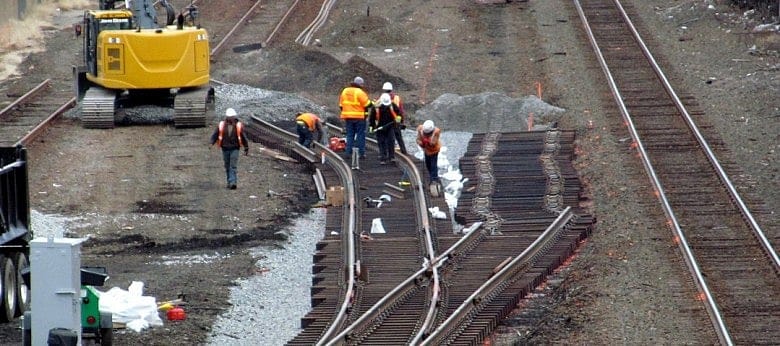MBTA overtime king routinely approved his own OT, auditors say

BOSTON – The track maintenance employee who racked up 2,600 overtime hours in less than a year "regularly approved his own overtime reporting form" and retired Jan. 31, according to ongoing audits of the Massachusetts Bay Transportation Authority.
The audits undertaken by KPMG and an internal auditor found no evidence of fraud, though Jim Logan, the T's internal auditor, said he had found "a little bit of abuse of overtime here and there – not anything illegal."

